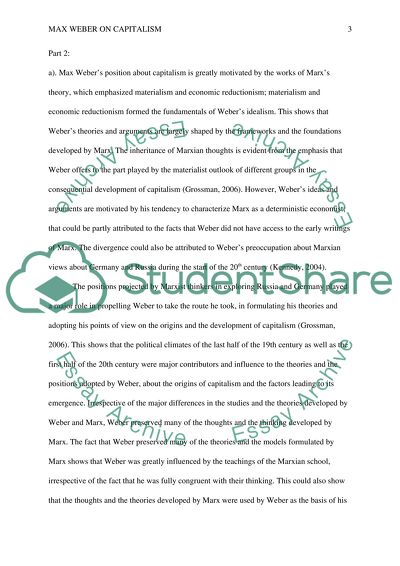Cite this document
(“Max Weber Essay Example | Topics and Well Written Essays - 1000 words”, n.d.)
Retrieved from https://studentshare.org/sociology/1495270-max-weber
Retrieved from https://studentshare.org/sociology/1495270-max-weber
(Max Weber Essay Example | Topics and Well Written Essays - 1000 Words)
https://studentshare.org/sociology/1495270-max-weber.
https://studentshare.org/sociology/1495270-max-weber.
“Max Weber Essay Example | Topics and Well Written Essays - 1000 Words”, n.d. https://studentshare.org/sociology/1495270-max-weber.


